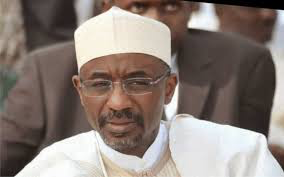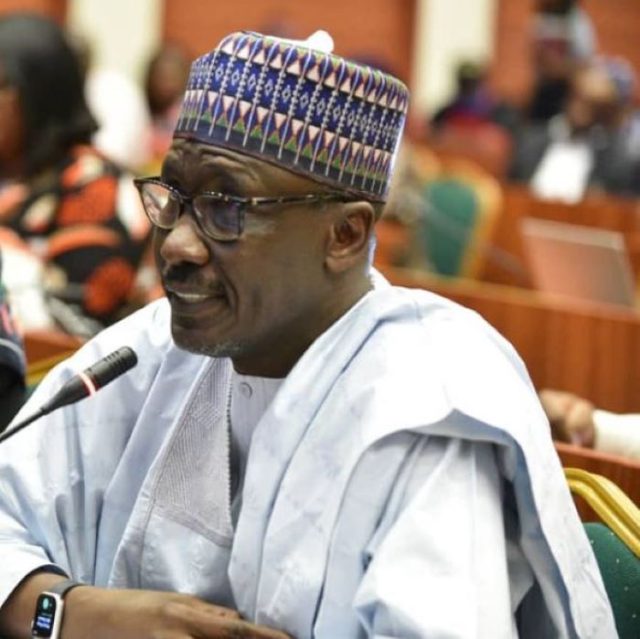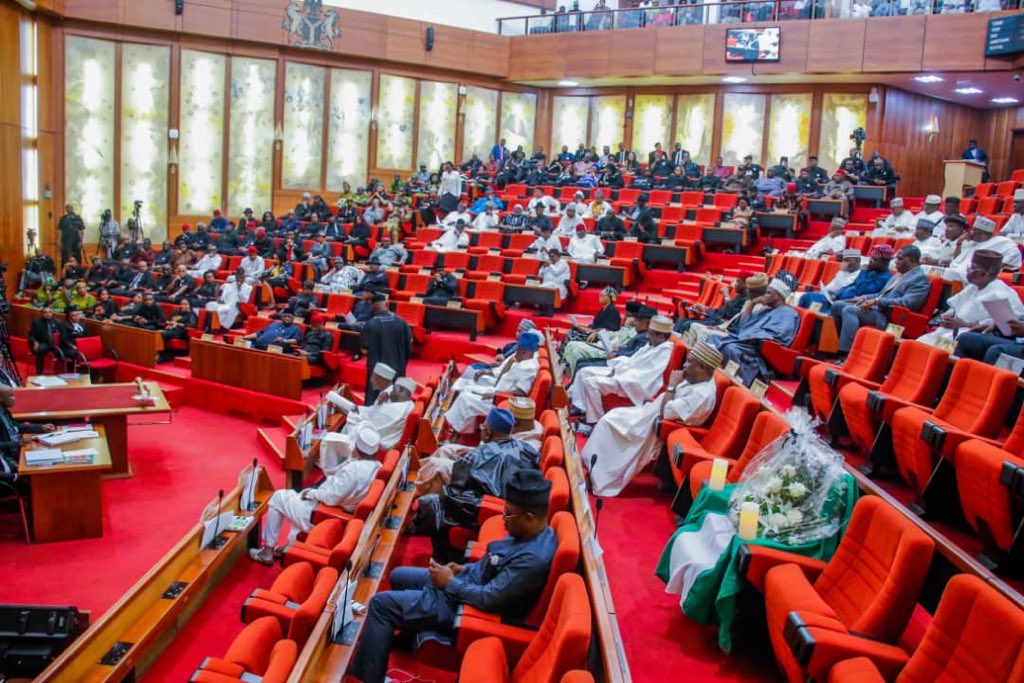Sanusi, a former CBN governor, renowned for his blunt forthrightness, said the national assembly shares huge blame for the opacity and alleged corruption of the NNPCL, the state oil company

Former governor of the Central Bank of Nigeria (CBN), Sanusi Lamido Sanusi, has said the failure of the National Assembly to adequately carry out its oversight functions on the Ministry of Petroleum Resources, the Nigerian National Petroleum Corporation Limited (NNPCL), and other relevant departments in the petroleum sector gave room for opacity and corruption.
Sanusi disclosed this while speaking at the Bank Directors Summit organised by the Bank Directors Association of Nigeria, which was held in Abuja on Thursday, December 8, 2023.
The National Assembly (NASS) has several standing committees that oversee the petroleum sector. In the Senate, the committees on Gas, Petroleum Resources (Downstream ), Petroleum Resources (Upstream), and Oil and Gas Host Communities, share the burden of monitoring the sector.
In the House of Representatives, the Committee on Petroleum Resource Upstream, Committee on Petroleum Resources Downstream, committees on Petroleum Resources (Midstream), Petroleum Resources (Upstream), Petroleum Resources Training Fund, Gas Resources, and Host Communities have the responsibility of oversight over the petroleum sector.
However, Sanusi said these committees under the previous assemblies failed at their responsibilities.
This failure, he said, aided the lack of accountability in the petroleum sector which has contributed to the economic downturn in the country.
The former CBN boss observed that the NNPCL has failed to remit foreign exchange due to the government into the public purse for years, noting that this continued despite the removal of fuel subsidies by the current administration.

“The NNPCL is the most opaque oil company in the world. When I was in the central bank for 15 years, they had not been audited. We have to follow the money from production to export to return; where is the money going? We paid N11tn in subsidy, and there is no accountability until now.”
Sanusi also noted that the National Assembly once directed the NNPCL to bring its audit documents, but they refused.
He said the Ministry of Finance is unaware of the country’s petroleum export and revenue generated from the trade by the industry.
“The finance ministry needs to know how much oil we produce daily, how much we sell, and where the money is going. There’s a need to shine a light on the NNPCL.”
It is worthy of note that within 2010-2023, an estimated 11.35 trillion have been spent on renovating refineries which are currently redundant. Another $592m, £4.8m and 3.5m pounds were also spent on extra projects relating to the renovation of refineries within this period.
OrderPaper reported that the Senate, miffed by these waste of public funds, directed its committee on Downstream Petroleum to investigate the contracts awarded for the rehabilitation of all the state-owned refineries between 2010 and 2023.
While the committee is yet to report back on its findings, Sanusi has challenged the 10th NASS committees, urging them to rectify the issues caused by the inefficiency of the previous committees that led citizens to suffer the current economic hardship.
He asked that the committees to scrutinise the petroleum sector, noting that restricting the autonomy of the CBN through the amendment of the existing CBN Act is not a solution.
He urged, instead, for a proper audit of the NNPCL to unravel the country’s daily oil production, export and accrued revenue.
”There is nothing wrong with the Central Bank of Nigeria Act. Now, if people who are supposed to implement a law don’t implement it, the solution is not to change the law, and this reaction is knee-jerk if you take away the central bank’s independence and bring it under political control,” he noted.



